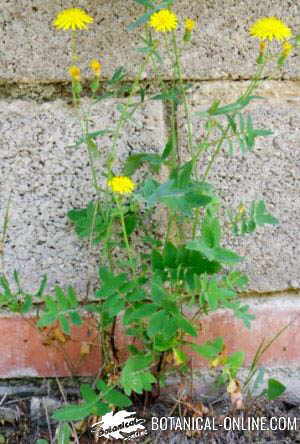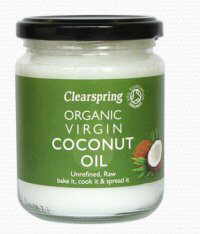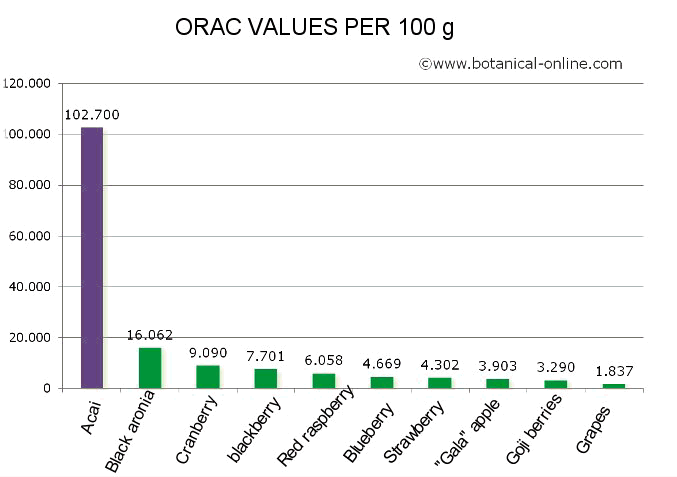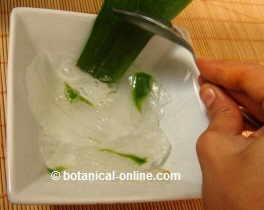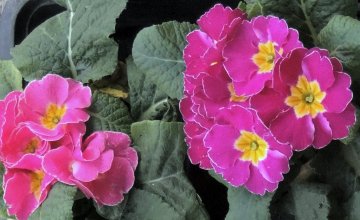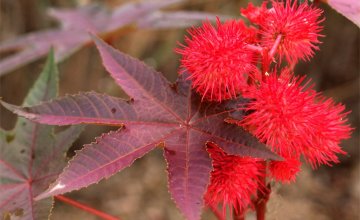Contents
Herbal treatment of vaginal flow
Phytotherapy. Medicinal plants preparations for vaginal flow
Phytotherapy in the treatment of the vaginal flow involves the use of a number of plants that are intended to:
– Antibiotic plants that help to prevent or to eliminate the infections.
– Anti-inflammatory plants that helped to diminish the irritation.
– Plants that help to increase the immunity.
Remedies with medicinal plants for vaginal flow
Among all plants we can mention the following:
– Calendula (Calendula officinalis or Calendula arvensis) Calendula has antibiotic properties. Its use can prevent the development of infections and help healing. (Make a suppository with a little gauze soaked the liquid from an infusion of a spoonful of dried plant per cup of water).
– Garlic: (Allium sativum) Garlic is one of the best antibiotics. It has bactericidal and fungicidal properties, able to kill or inhibit the growth of microorganisms that could be responsible for infections that cause vaginitis. (Make a suppository placing a garlic in gauze and inserted into the vagina) (Eat plenty of garlic)
– Echinacea (Echinacea angustifolia L., Echinacea purpurea Moench, Echinacea pallida) In addition to strengthening defenses, its natural antibiotic ability can be used as a solution or complement to antibiotics. Conventional treatment of vaginal microbial infections. or those that are caused by fungi. (800 mg of echinacea divided into 4 daily doses)
– Lavender (Lavandula officinalis, lavandula latifolia) (Washings with the infusion of a spoonful of dried flowers per cup of water)
– Mint (Mentha piperita) (Wash the affected area with the resulting liquid of the infusion of the dry plant.)
– Goldenseal (Hydrastis Canadensis) can be taken with the same purpose (500 distributed daily mgs in 4 doses)
– Pennyroyal (Mentha pulegium) Pennyroyal has more than 20 ingredients with antiseptic properties (menthol, thymol, cineole, carvacrol, sabinene, alpha-pinene, pinene, etc..,), in external use, it can be used to deal with vulva and vaginal infections that are responsible for vaginal flow) (Washings with the decoction of 30 g. of dry plant per liter of water)
– Oak (Quercus robur) Decoction of one teaspoon of bark per cup of water line for 10 minutes (three small glasses a day)
– Raspberry tree (Rubus idaeus) vaginal washings with liquid from the decoction for 15 minutes 5 tablespoons of dried leaves per liter of water. Let it rest for 15 minutes)
– Witch hazel (Hamamelis virginiana): Witch hazel is a plant with very prominent anti-inflammatory properties. Soaking the affected area with a compress moistened with witch hazel can help reduce itching.
Yogurt and vaginal flow: Most of the time vaginal flow is due to vaginal infections caused by microorganisms that replace the original flora, mainly composed of lactobacilli. A diet containing yoghurt with Lactobacillus acidophilus or Lactobacillus bifidus can be used to restore the original flora. There are preparations available on the market containing these compounds in powder form, that can be taken for the same purpose.
How to prevent vaginal flow?
Among the main advice who we would have to consider to avoid or to alleviate the vaginitis we have the following:
– Maintain proper vaginal hygiene: External female genitals should be washed properly with intimate soap to prevent the development of harmful bacteria and fungi. The soap should be used only when you really need it. If you must wash the area frequently, it is better to use only water to respect the natural oils in the area.
In case of anal penetration, contact of the penis with vagina will be prevented if the male organ has not been washed beforehand. The anus contains many bacteria that could easily lead to infection in the vagina.
– Maintain an adequate anal and perineal cleaning: The area of the perineum – the space between the anus and the vagina- must be cleaned properly by preventing water from passing this area to the vaginal area. Hands must be washed with soap after cleaning this area if you want to manipulate the vagina. Water should be directed backwards, to avoid passing from the anus to the vagina and drag the possible germs there.
– Wear loose clothes: too tight clothes, like jeans, may impair ventilation and humidity of vulvar and vaginal area. It is better to wear loose and light clothing.
– Use condoms: Condoms are the best way to help avoid sexually transmitted diseases when having casual sex with non-regular partners.


